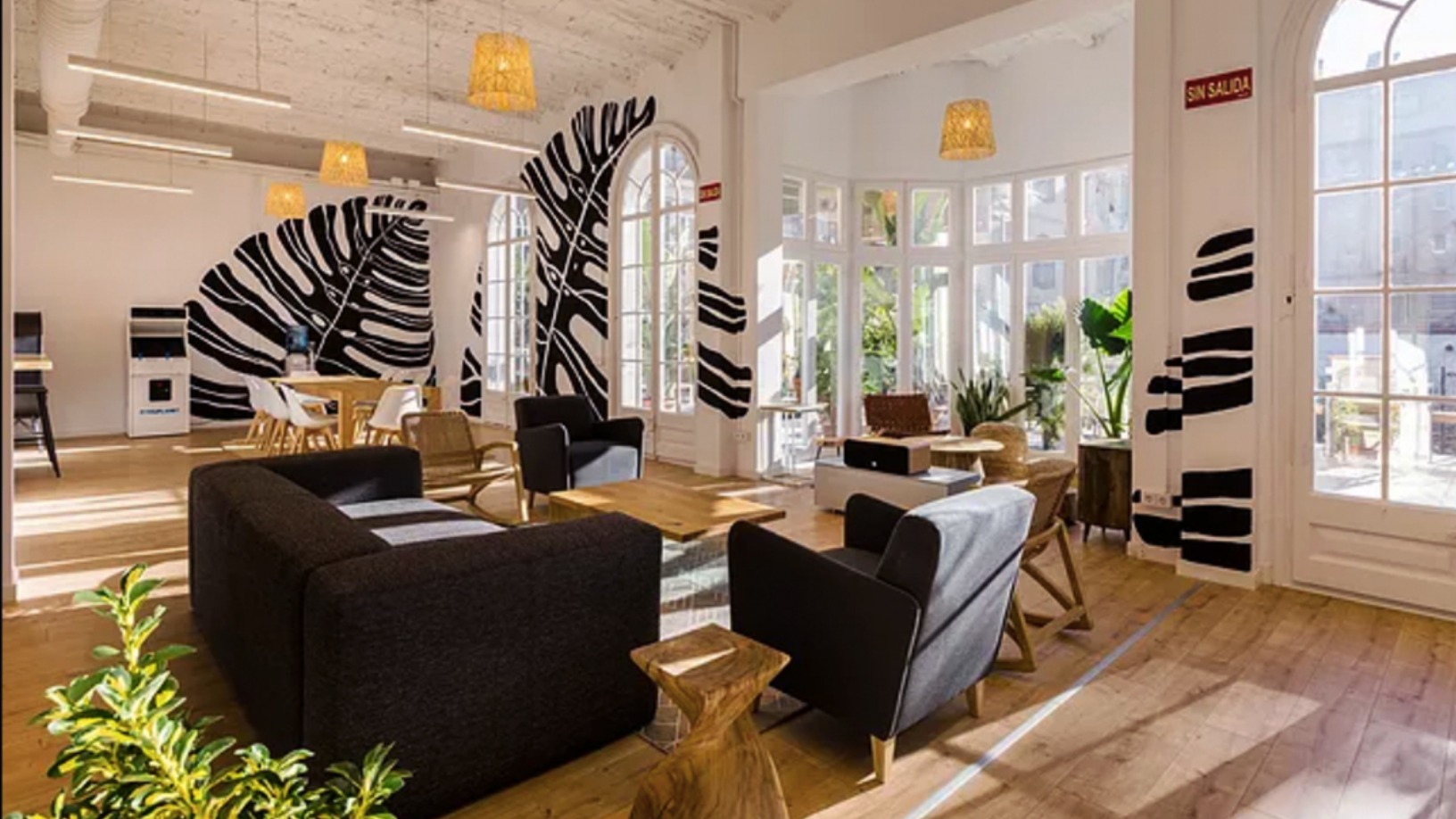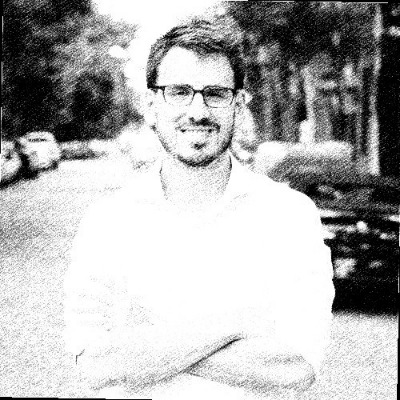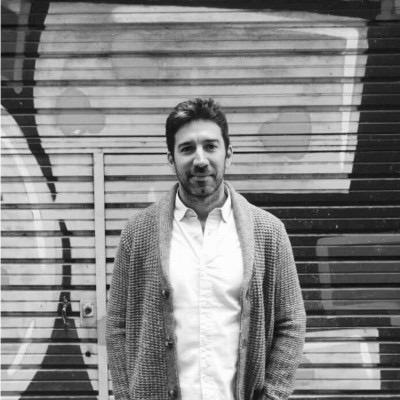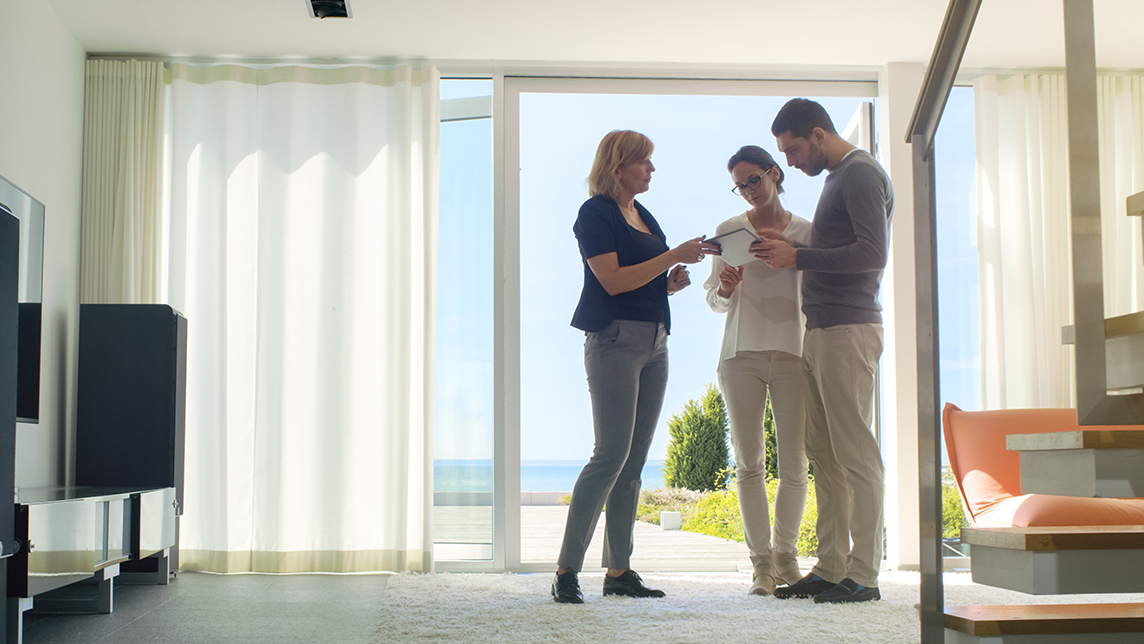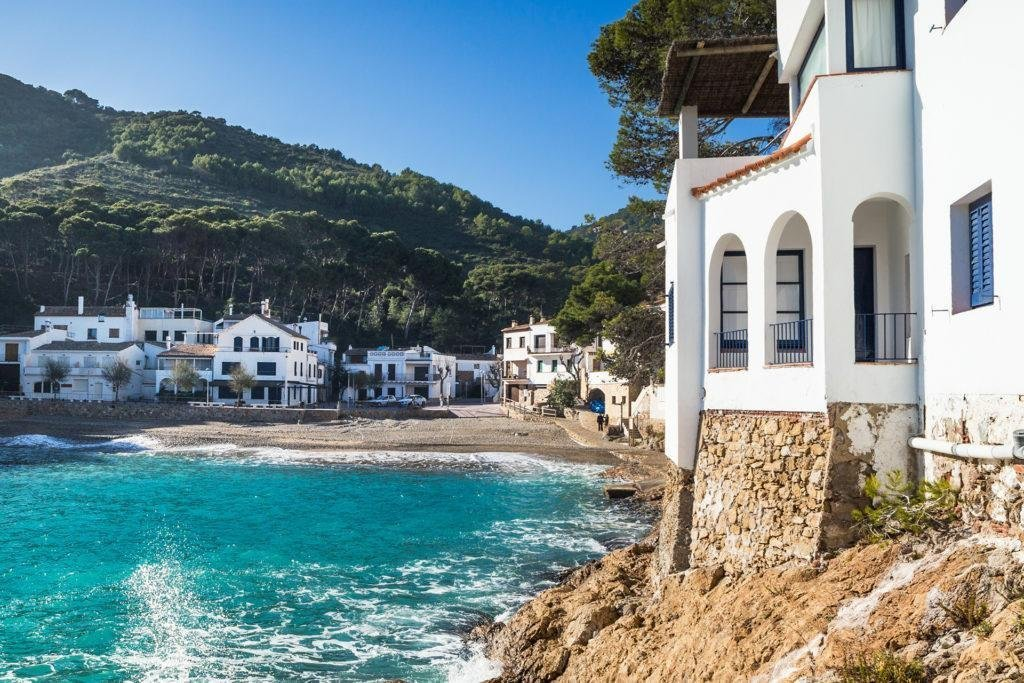As successful co-founders in previous startups, Psquared's managers know all about the cash flow problems of early-stage startups. For this reason, the Argentinian co-founders created a first for startups: pre-prepared managed workspaces with office equipment, under flexible and short-term rental agreements of up to 18 months, and monthly rental payments.
Psquared was launched in early 2019 in Barcelona as an offshoot of CoBuilder, a startup innovation hub. It is now refurbishing its 10th building in the city, selected because of its status as a startup hub with many companies in early-growth stages. In Barcelona, as in many European cities, startups either have to sign lengthy rental contracts, typically from five to 15 years or settle for co-working spaces or serviced offices.
“CAPEX requires big cash investments that take the bank balance down to zero. This paralyzes business and brings down sales,” co-CEO and co-founder Nicolas Araujo Muller said in a blog post. “We saw that betting on OPEX was a real boon for startups, leaving euros in the bank to buy raw materials, production, development, marketing and more,” he added.
According to the company, converting CAPEX, such as huge upfront furnishing costs and long-term rental agreements, into OPEX paid monthly saves companies 30-40% in expenditure. A study by business analyst CBInsights showed that cash flow problems are the second cause of startup failure, responsible for almost one-third of company closures.
Since 2020, Psquared has rented four of its properties to startups. These include alt-protein producer Heura and influencer marketeer YouPlanet, both scaling fast and steadily growing staff numbers. Psquared’s main targets are startups that have just undertaken a Series A funding round of €5m–€10m.
“They look for [our] spaces, so they do not have to invest in real-estate and office refurbishments because in a short time, as they continue to add staff, places become too small for them. They prefer flexibility,” Araujo told media following the startup's recent €2m seed round in April from Argentinian angel investors and US investor Inn Capital.
Psquared will use the investment to expand its offering from 10 offices to at least 23 by the end of 2023 and enter Spain's other big business hubs, Madrid and Valencia. The company is looking for an investment partner to provide €40m to expand further and purchase rather than lease buildings.
Flexible, hybrid offices
Though the buildings acquired to date range from a multi-story car park to old apartment blocks and a tie factory, ranging in areas from 360 sqm to just under 2,000 sqm, all have common features important to startups. For example, the locations are either downtown or in areas attractive to startups, which in Barcelona means being in the trendy @22 startup zone or close to the city’s beaches.
“Staff value relaxed office spaces where they feel at home. This is what Psquared designs reflect,” Araujo said. This means incorporating easy chairs, artwork and design, lots of natural light and even barbecue grills or leisure facilities.
Psquared calls its system hybrid offices to reflect the need for flexible remote and office-based work, brought about by Covid-19. The layouts cater to the need for social distancing and movement in a single direction. The hybrid office also features what it calls “hotelling,” a reservations system to manage the use of desk and meeting spaces in Psquared’s workspaces, which are designed with a view to 30% of staff working from home at any one time.
“The system of hotelling eliminates unnecessary workspaces and allows companies to reduce the number of square meters needed for its workers," Araujo said. "Why designate a permanent office to an employee who spends most of their time working from home or traveling?”
For each potential client, Psquared conducts exhaustive research, prepares a brief and then works on potential designs in consultation with customers to conceptualize their branding. The monthly rental includes building management and maintenance and regular deep cleaning to help early-stage startups save time to spend more productively on their businesses.
Psquared monetizes by charging an undisclosed commission on rentals and says its growth is also favored by its rapid turnaround time in renovations. These take as little as under one month to complete once the company leases a building. The company posted revenues of €500,000 in 2020 during the pandemic.
Seasoned entrepreneurs
The idea for Psquared was born when Araujo, previously a consultant for multinational firms, and his brother Jorge Araujo Muller, a business analyst, identified the need for startups to upsize their offices after each investment round. This was when they worked at their previous startup Nubelo, an agency for freelance workers, which was sold to Freelancer.com in 2016. They later co-founded another digital talent agency, Bandit, and Nicolas also co-founded another employment agency startup, WorkAtHome.
Besides Psquared, Jorge co-founded Base España, a talent agency for Latin Americans in Spain, in 2020. He is also an investor and advisor at e-commerce recruitment agency RSV Outsourcing. Jorge is also a part-time lecturer on innovation to MBA students at Barcelona’s ESADE University and mentors at Mexico’s chapter of the MassChallenge accelerator.
The Araujo brothers are also co-founders at another Barcelona-based company, the startup development agency, We Are Grit, which they co-founded in 2020. Forbes Argentina recognized them in its “30 Promises” list of young entrepreneurs in 2013. Nicolas made the list again in 2017.
The co-founding team is completed by co-CEO and entrepreneur Nicolas Manrique, who joined Psquared in 2019. Manrique, who is in charge of office designs, has also owned the Estudio Cuervo marketing agency for SMEs in his native Buenos Aires since 2014. In 2018, he founded the Barcelona chapter of Argentinian startup La Maquinita, a co-working agency.
As possibly the first-of-its-kind, Psquared has no direct competitor and plans to grow as fast as it receives funding. Hybrid working has been identified as a growing trend by researchers such as the Instant Group and is estimated to be worth £19bn today, growing 10% year-on-year since 2014.
